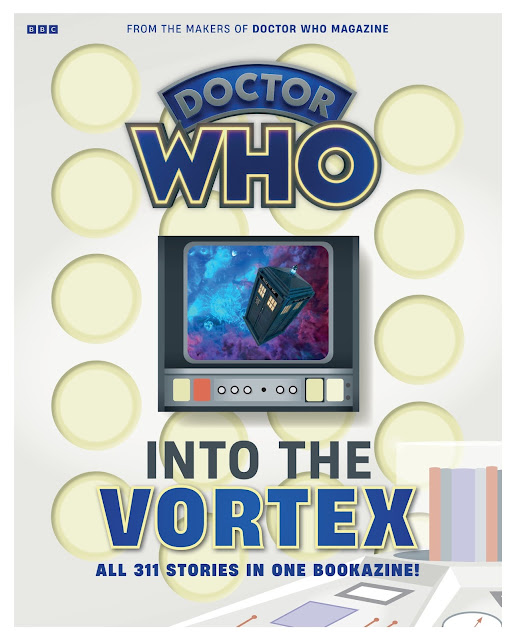I mentioned in that post that in 2022 I'd written a draft of a new non-fiction book, and that "...it looks as if it may appear sometime in 2023." In fact, I was underselling things a bit there. At that point I was probably about 90% sure it would be published this year, and I was also pretty confident that it was quite good.
Pull to Open did indeed come out, somewhat delayed by various factors but it finally got there in August, and the response has been amazing. I'm very proud of the book, and incredibly pleased with how it has been received. There may, perhaps, even be something new coming on that score in 2024 - but once again I have to be slightly cagey about that, as nothing is anywhere near being definite yet.
In fact, there is more than one iron in the fire for exciting new writing possibilities in the New Year. Obviously I am well-aware that these things might not actually end up happening. They are only possibilities at the moment. But it is nice to at least have something to look forward to, in that respect; to be able to greet the passing of the year with the possibility of some fresh exciting prospects, rather than thinking all of the interesting things are now behind me.
Mind you, on that score, this time last year I was also talking about the radio documentaries I'd made. This year, there have been no radio documentaries, and sadly I don't think there ever will be again. That chapter of my career seems to be over and done with now.
Treasure Quest also came to an end - a huge wrench for me, and for many others. Not just the closing of a chapter, but the closing of an entire book.
I spent most of the year at risk of redundancy, but I was luckier than many - after six job interviews, or 'boards' as the BBC calls them, I managed to hang onto a role. A very different one to what I was doing before, but I do appreciate that I am one of the fortunate ones. I do still have a job.
I also
wrote for the Radio Times, and for the BBC History website this year... Yes, it sounds as if I tot these things up as if they add some sense of value to my life. And hey, why not? It's as good a measure for me as anyone else's measures are for them.
Anybody who has enthusiastically followed Paul Kerensa's British Broadcasting Century podcast may well have been struck, as I was, by the words of Arthur Burrows on the BBC's 2LO station in London just after midnight on New Year's Day 1923 - the first ever New Year of the brand new BBC as a whole. Fitting that Burrows should be there to see the New Year in, as he'd been the first ever voice on the BBC the previous month.
I'd never heard this before Paul included it in
his episode looking at that first BBC change of years - which by coincidence also happened to be an episode on which I made a guest appearance, talking about my book
The Long Game. Anyway, Burrows' actual words from the night were never recorded, going out live into the ether and that was that. But we do know what he said, and Paul recreated the moment for the podcast.
"2LO wishes you a happy and prosperous New Year. May you have the best of luck - goodbye everybody, goodbye. And the best of luck!"
I was particularly taken with it was because of the way it captures two of those feelings of New Year's Eve and the passing of midnight. It feels, as the New Year often does, like one of those fleeting moments of camaraderie when we are all in this together. A sense of optimism and a willingness for everyone's hopes and dreams and ambitions for the next 12 months to be fulfilled, whatever they may be.
Before cold, hard reality sets in through the still, quiet dawn of January the 1st.
But still, I do like the sentiment. So, whoever you are, wherever you are and whatever you're doing - the best of luck!















